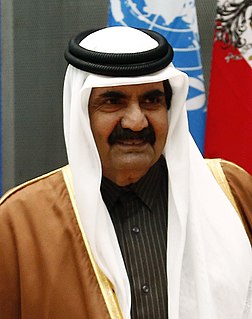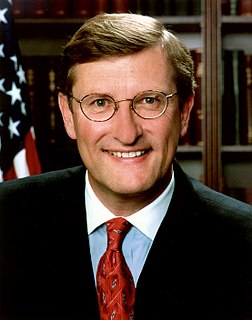A Quote by Nicolas Berggruen
Most countries in Africa have the capacity to be great agricultural producers, but they do only subsistence production. So a family will produce for themselves and nothing more. Why? Because of the systems: The markets are not there to go beyond.
Related Quotes
Like its agriculture, Africa's markets are highly under-capitalized and inefficient. We know from our work around the continent that transaction costs of reaching the market, and the risks of transacting in rural, agriculture markets, are extremely high. In fact, only one third of agricultural output produced in Africa even reaches the market.
What a country wants to make it richer is never consumption, but production. Where there is the latter, we may be sure that there is no want of the former. To produce, implies that the producer de_sires to consume; why else should he give himself useless labor? He may not wish to consume what he himself produces, but his motive for producing and selling is the desire to buy. Therefore, if the producers generally produce and sell more and more, they certainly also buy more and more.
As to the latter point - that by having a child in America you are somehow starving a child in Bangladesh - remember that agricultural economics is not a zero-sum game. Farmers want to make a living, so as demand increases, so does production. Not only that, but agricultural productivity has increased so rapidly that in some countries the government pays farmers not to plant crops in an effort to keep food prices from dropping.
Colombia was a big wheat producer in the 1950's. That was eliminated by what sounds like a nice plan, called "Food for Peace. " It's a plan by which US taxpayers subsidized US agribusiness to send food to poor countries. This, of course, destroyed the domestic agricultural markets of these countries, opening these markets to US agribusiness.
?I believe that it is very difficult in the world of today to continue with G-8 only without taking in account the importance of Brazil, China, India, many in the world economy, because these countries are great consumers, large consumers, and we're also becoming great producers, and also because we were better prepared than the rich countries for the nowadays global crisis.
Confronted with this double madness of the labourers killing themselves with over-production and vegetating in abstinence, the great problem of capitalist production is no longer to find producers and to multiply their powers but to discover consumers, to excite their appetites and create in them fictitious needs.



































